-
정치권 온도 차…"예능 재판" vs "사법부의 시간"재생
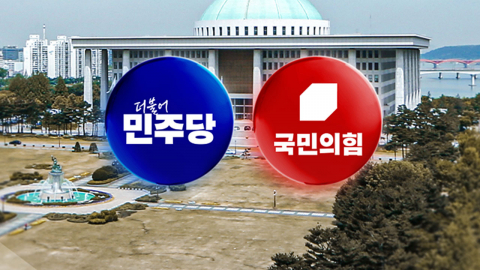
-
윤석열 전 대통령의 구형이 연기된 것에, 정치권 표정도 엇갈렸습니다. 민주당은 지귀연 재판부가 ’봉숭아 학당’식의 예능 재판을 했다며 ’조희대 사법부’를 정조준했고, 국민의힘은 공식 대응 없이 거리 두기에 나섰습니다. 조은지 기자입니다. [기자] 특검의 구형이 예정된 금요일 아침, 민주당 정청래 대표는 윤석열도 전두환처럼 사형이 구형될 것으로 믿는다고 외쳤습니다. [정청래 / 더불어민주당 대표](어제) "내란, 비상계엄은 꿈조차 꿀 수 없을 정도의 중형이 구형되고, 그리고 선고도 중형으로 결론나기를 바랍니다.] 민주당은 밤늦게까지 구형을 기다리며, 카메라 앞 브리핑까지 준비했지만 결국, 불발. 민주당은 내란 세력의 ’법정 필리버스터’ 전략은 조희대 사법부의 무능이 낳은 참사라고 지적했습니다. 지귀연 판사가 엄중해야 할 내란 재판을 봉숭아 학당의 예능 재판으로 전락시켰고, ’양비론적 공정’의 가면에 숨어 정의의 시간을 멈춰 세웠다고 비판했습니다. 내란 세력에게 법정 최고형이 답이라고 윤 전 대통령 일당을 직격 하면서도, 구형 연기는 내란전담재판부 필요성을 입증한, 사법 역사에 기록될 치욕이라고 조희대 사법부를 거듭 정조준했습니다. [백승아 / 더불어민주당 원내대변인 : 사법 참사다, 라고 보고 있습니다. 온 국민께서 재판 결과를 지켜보고 있는데 새벽이라서 어렵다는 이유로 구형을 연기하는 행태에 대해서…] 반면 국민의힘은 공식 논평을 내지 않았습니다. 구형이 예정된 날도, 불발된 이후에도 특별한 언급이 없는 건데, 취재진의 질문에는, 윤석열 전 대통령은 이미 당을 떠난 분이라고 선을 그었습니다. 차분하고 담담하게, 공정하고 중립적인 재판 결과를 지켜볼 때라면서도, 민주당의 ’사법부 압박’에는 날을 세웠습니다. [박성훈 / 국민의힘 수석대변인 : 지금은 사법부의 시간입니다. 무책임한 정치 공세에 나설 때가 아니고, 부당한 압력을 재판부에 넣을 때도 아니라고 생각합니다.] 민주당 일각에서는, 인간 방패를 자처한 국민의힘 45명은 여전히 ’윤 어게인’을 꿈꾸나, 장동혁 대표는 답하라는 요구가 나왔습니다. 장 대표는 하지만, 관련한 대응 없이, 외국인이 우리 주권을 위협한다면서, 6·3 지방선거에 외국인 투표권을 제한하고, 온라인 댓글에 국적을 표기해야 한다는 메시지를 냈습니다. YTN 조은지입니다. ※ ’당신의 제보가 뉴스가 됩니다’ [카카오톡] YTN 검색해 채널 추가 [전화] 02-398-8585 [메일] social@ytn.co.kr
-
도로 위 숨은 위협 ’도로 살얼음’…한 번 나면 대형 피해재생
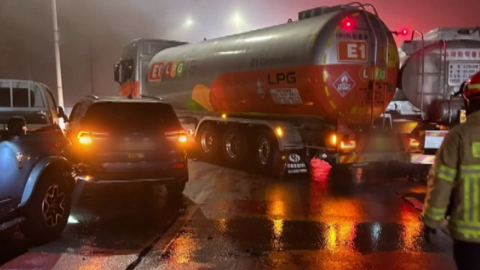
-
서산영덕고속도로 사고 원인은 도로 위 살얼음으로 추정됩니다. 한 번 발생하면 수십 대가 연쇄 추돌하는 대형 피해로 이어지는데, 최근 5년간 관련 사고만 4천여 건이 넘습니다. 최기성 기자입니다. [기자] 도로 위 곳곳에 부서진 차량들이 뒤엉켜 있습니다. 지난해 1월 14일 자유로에선 차량 40여 대가 연쇄 추돌하는 사고가 났습니다. 같은 날 서울문산고속도로에서도 43중 추돌사고가 발생하는 등 이날 아침에만 수도권 곳곳에서 사고가 잇따라 차량 160여 대가 피해를 입었습니다. 밤새 내린 눈·비가 도로 위에 얼어붙으며 만든 살얼음이 원인이었습니다. [함은구 / 을지대 안전공학전공 교수 (YTN 뉴스와이드) : 실제로 빙점보다 높은 상황에서도 일명 얇은 살얼음이 형성될 수가 있겠고요. 습기가 도로 면에 안착이 되면서 이런 블랙아이스의 형성 조건들이 많이 발생하게 되고요] 이번 서산영덕고속도로 사고 역시 마찬가지입니다. 이 같은 사고는 해마다 반복되고 있는데, 2019년 12월 상주영천고속도로에서도 다중 추돌 사고로 7명이 숨졌습니다. [사고 트럭 운전사 (2019년 12월) : (차) 브레이크를 살짝 밟으니까, 마음대로 튀어나오고… (차에서) 나와서 보니까 전부 다 얼음이었습니다.] 2023년 1월에도 구리포천고속도로에서 난 사고로 1명이 목숨을 잃고 30여 명이 다쳤습니다. [황태근 / 경기 포천소방서 현장지휘단장 (2023년 1월) : 차량 47대가 연속해서 미끄러져서 추돌한 연쇄 추돌 사고입니다.] 최근 5년 동안 도로 결빙으로 발생한 교통사고는 4천백여 건으로, 이 사고로 83명이 숨지고 6천6백여 명이 다쳤습니다. 특히 이른 새벽 시간대가 더 위험합니다. [염건웅 / 유원대 경찰소방행정학과 교수 (YTN 뉴스와이드) : 해가 뜨기 전인 상태에서 어둡기도 하고요. 새벽 4시부터 6시 사이에 발생하는 결빙 교통사고, 블랙아이스에 의한 교통사고 발생률도 상당히 높고요. 치사율도 상당히 높게 나타나고 있습니다.] 살얼음은 눈에 보이지 않는 만큼, 교량과 고가도로, 터널 출입구 같은 결빙 취약 구간에선 각별한 주의가 필요합니다. YTN 최기성입니다. 영상편집 : 박정란 디자인 : 정민정 ※ ’당신의 제보가 뉴스가 됩니다’ [카카오톡] YTN 검색해 채널 추가 [전화] 02-398-8585 [메일] social@ytn.co.kr
-
전국에 강풍 경보·주의보…제보로 본 피해 상황재생
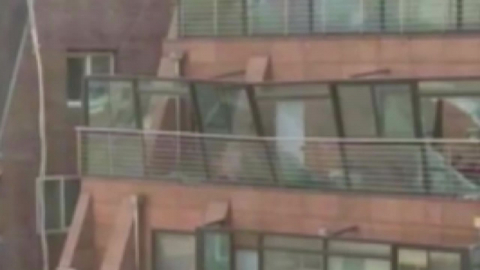
-
전국에 강풍 피해가 잇따르고 있는 가운데 YTN으로도 관련 제보가 계속 들어오고 있습니다. 취재기자연결합니다. 황보연 기자! 자세한 소식 전해주시죠. [기자] 네YTN으로 들어온, 제보 영상 보면서 설명 드리겠습니다. 검은색 구조물이 좁은 골목길에 쏟아져 사람 키보다 높이 쌓여 있습니다. 오늘 낮 1시쯤 경기 평택시 비전동에서 찍은 영상인데, 소방대원들이 출동해 사고 현장을 수습하고 있습니다. 제보자는 강한 바람에 빌라 위에 씌운 양철 지붕이 통째로 날아가면서 근처에 있는 건물 창문까지 깨졌다고 말했습니다. 오늘(10일) 오전 1시쯤 서울 방배동에 있는 오피스텔에서 유리 창문이 낙하하더니 산산조각이 납니다. 강풍으로 휘어진 구조물에 다른 유리창들도 기울어져, 곧 떨어질 것 같이 위태로운 모습입니다. 제보자는 유리창이 떨어지자마자 위험해 보여 바로 소방에 신고했다며, 다행히 인명피해는 없었다고 설명했습니다. 아파트를 둘러싸고 있는 방음벽 한 군데가 뻥 뚫려 안쪽이 훤히 들여다보입니다. 오늘(10일) 낮 12시 반쯤 경기 의정부시 호원동에 있는 차도에서 방음벽이 바람을 이기지 못하고 전봇대 쪽으로 쓰러진 모습입니다. 제보자는 바람이 심하게 불면서 갑자기 방음벽이 넘어졌다고 말했습니다. 지금 보는 모습은 경기도 주교동에 있는 비닐하우스입니다. 시설물 재배단지로 보이는데요, 강한 바람이 몰아치고 있는 가운데, 비닐하우스의 비닐 곳곳이 찣기고, 또 날아갔습니다. 제보자는 겨울에 채소 재배를 주로 하던 곳으로 보이는데, 강풍으로 파손 된 것같아 걱정스럽다고 전했습니다. 큰 피해 없었으면 좋겠습니다. 선로 위에 나무 판자 같은 것들이 어지럽게 떨어져 있습니다. 서울교통공사는 강풍으로 어디에선가 나무 판자들이 날아와 선로에 떨어졌다고 하는데요, 지하철 1호선 운행도 나무 판자들을 처리하는 과정에서 40분 정도 운행 차질을 빚었습니다. 지금도 계속해서 피해 상황 제보가 저희 YTN으로 들어오고 있는데요, 추가 피해 없었으면 좋겠습니다. 지금까지 YTN 황보연입니다. ※ ’당신의 제보가 뉴스가 됩니다’ [카카오톡] YTN 검색해 채널 추가 [전화] 02-398-8585 [메일] social@ytn.co.kr



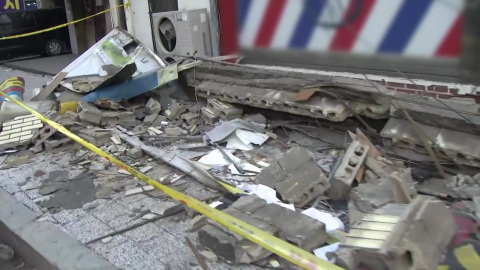
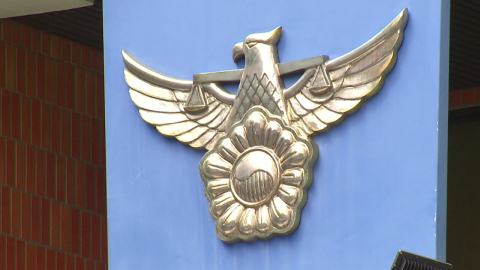
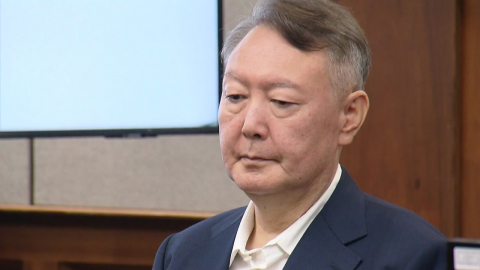
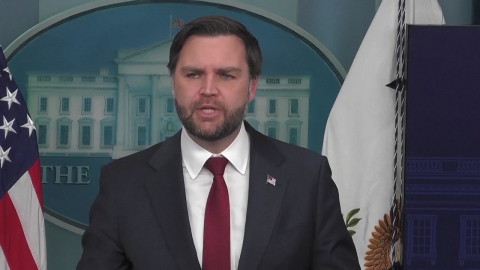
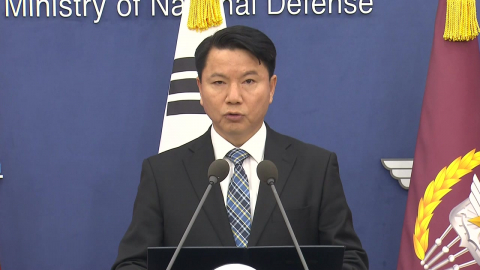
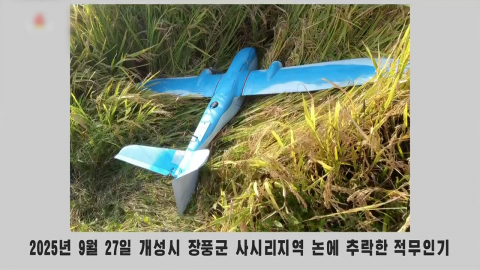
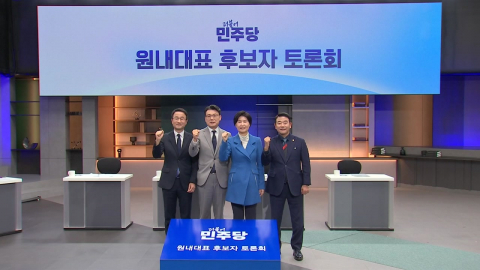
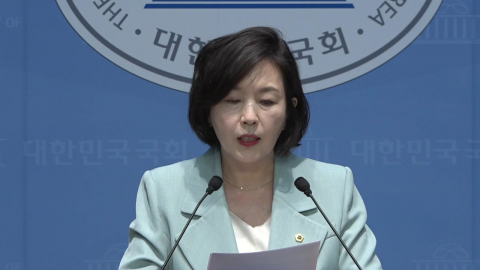


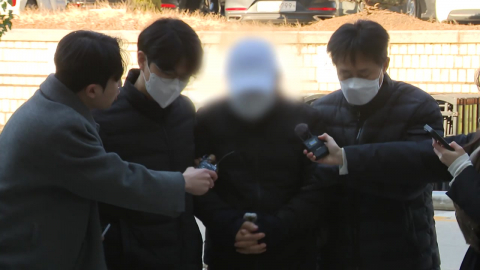
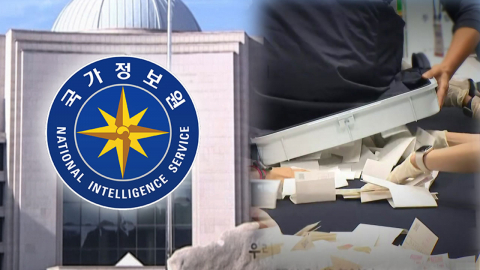
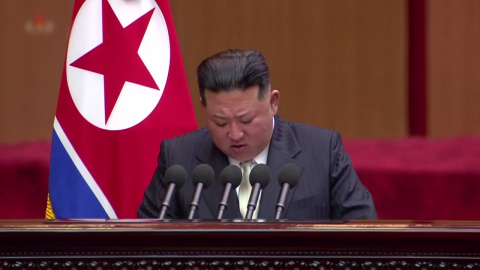
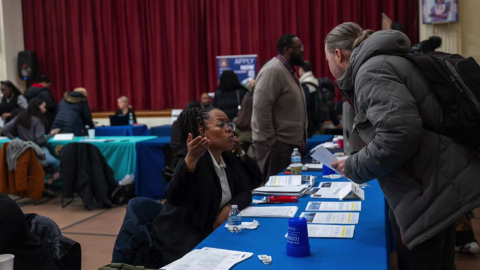
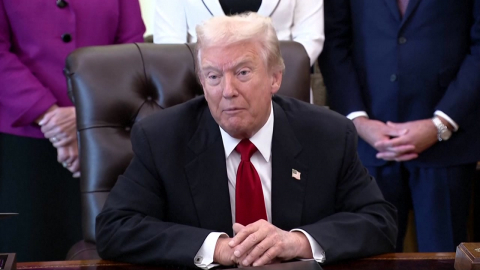
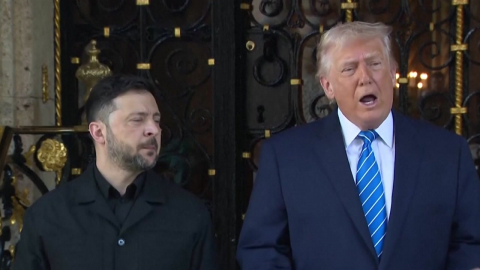
![[Y현장] "작품 속에 살아있을 이름"…'국민 배우' 안성기, 하늘의 별이 되다(종합)](https://image.ytn.co.kr/general/jpg/2026/0109/202601091042149519_h.jpg)
![[Y터뷰] '프로젝트 Y' 전종서 "한소희가 DM 보내 처음 알게 돼…답장했다"](https://image.ytn.co.kr/general/jpg/2026/0109/202601091441089698_h.jpg)
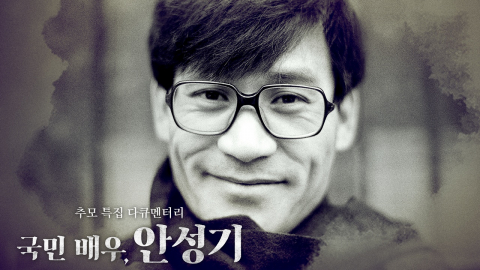
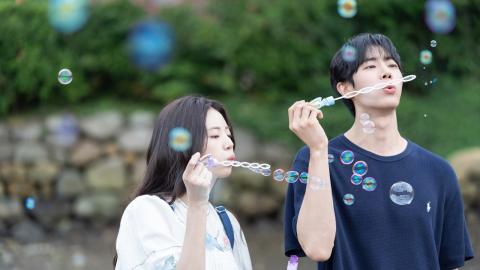
![[Y현장] 정우성, 고 안성기 추도사 "한국영화 온 마음으로 품은 선배님…영면하시길"](https://image.ytn.co.kr/general/jpg/2026/0109/202601091008157730_h.jpg)





